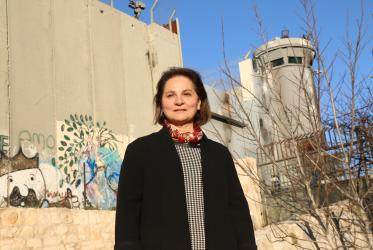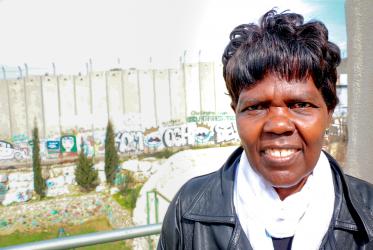The word pilgrimage is a linguistic double-edged sword. On the one hand, it connotes a kind of movement towards a higher, even spiritual or religious, end that one has in mind. When thought of in this positive sense, I think of the pilgrimages of the desert fathers who migrated into the sun and sand longing to be alone with God and who were eager to shed off the weight of this world so that they could experience His world more intimately. However, in our post-colonial context, the word pilgrimage equally stirs up mixed emotions, most of which might be negative, particularly amongst Indigenous peoples across the globe.
07 August 2015
Aleshia Johnson




